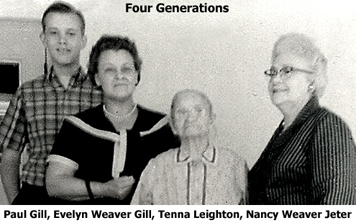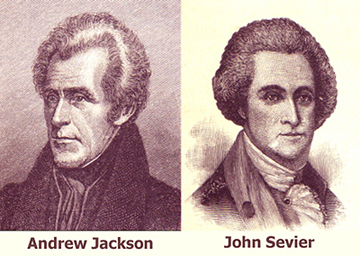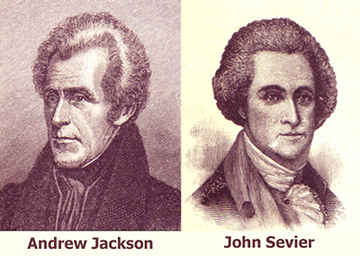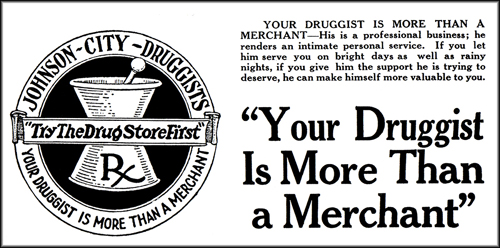As a huge fan of old cowboy flicks, I regularly attended the Liberty and Tennessee theatres as a young boy. The films were low budget productions, but most were anything but second rate; they made a profound impact on the youth of my generation.
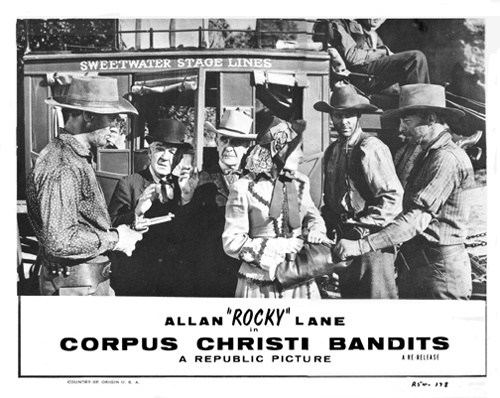
Bill Durham sent me two good Internet resources on the subject: Boyd Magers’ “Western Clippings” and Chuck Anderson’s “The Old Corral.” He also gave me a DVD movie, “Song of the Drifter,” by cowboy singing star, Jimmy Wakely, my favorite western crooner. In one scene, Jimmy offers his horse, “Lucky,” a drink from a wooden pail and then proceeds to swig from the same bucket. (Don’t try this at home.) Wakely made 28 westerns for Monogram Pictures between 1944 and 1949.
I acquired my fondness for Wakely’s singing in 1950 after my grandmother, Ethel Carroll, bought me a 78-rpm record containing two songs, “When a Speck in the Sky is a Bluebird” and “On the Strings of my Lonesome Guitar.” I now possess a fairly large collection of Wakely songs, many having been copied from breakable old dusty discs.
Some time ago, Mack Houston mailed me a copy of Bobby Copeland’s “B-Western Boot Hill – A Final Tribute to the Cowboys and Cowgirls Who Rode the Saturday Matinee Movie Range.” Sadly, most of the western heroes who once galloped across the big theatre screens in downtown Johnson City are deceased and residing in a “Boot Hill.” The lone exception (as of this writing) is 89-year-old Monte Hale (“Shoot low; they might be crawlin’”).
The book chronicles the people who helped make B-westerns a reality – cowboy stars, sidekicks, favorite heroines and supporting actors. The compilation also includes those actors who starred in serials (“Don’t miss the next exciting chapter of … at this theatre next week”).
Copeland’s paperback book provides newspaper reports of the passing of 66 “shoot-em-up” heroes; Gene Autry, Charles Starrett, Hopalong Cassidy, Johnny Mack Brown, Rod Cameron, Sunset Carson, “Wild” Bill Elliott, Allan “Rocky” Lane, Lash LaRue, Tex Ritter, Roy Rogers, Charles Starrett and Bob Steele were among them.
Another section documents 23 deceased sidekicks, the likes of Pat Brady (Rogers), Smiley Burnette (Autry), Pat Buttram (Autry), Andy Devine (Hickok) and three who appeared with numerous cowboys – Gabby Hayes, Fuzzy Knight and Al “Fuzzy” St. John.
Not to be excluded were 47 leading ladies, the most recognizable being Gail Davis (later guest starred on the Andy Griffith Show), Patsy Montana (yodeler, member of the National Barn Dance) and Linda Stirling (remembered for her “The Tiger Woman” cliffhanger serial).
“Boot Hill” also provides honorable mention to 60 B-western contributors such as songsters Johnny Bond (guitarist, country songwriter), Spade Cooley (western swing fiddler, singer, band leader), Bob Nolan (Canadian born singer, songwriter, member of the Sons of the Pioneers), Foy Willing (singer, teamed with the Riders of the Purple Sage) and Bob Wills (“King of Western Swing”).
The book likewise credits several desperados whose weekly dastardly deeds provided the good guys with someone to pursue. Every Saturday matinee idol probably “killed” bad hombre, Roy Barcroft, a dozen times, but after “dying” in one flick, he amazingly appeared in good health in the next one. I was surprised to see his name in “Boot Hill.”
Most of those who masterfully orchestrated the B-western films of yesteryear are now buried “on the lone prairie,” but they still firmly reside in the memories of us hard-core cowboy devotees. As Roy Rogers would say: “Happy trails to you until we meet again.”

